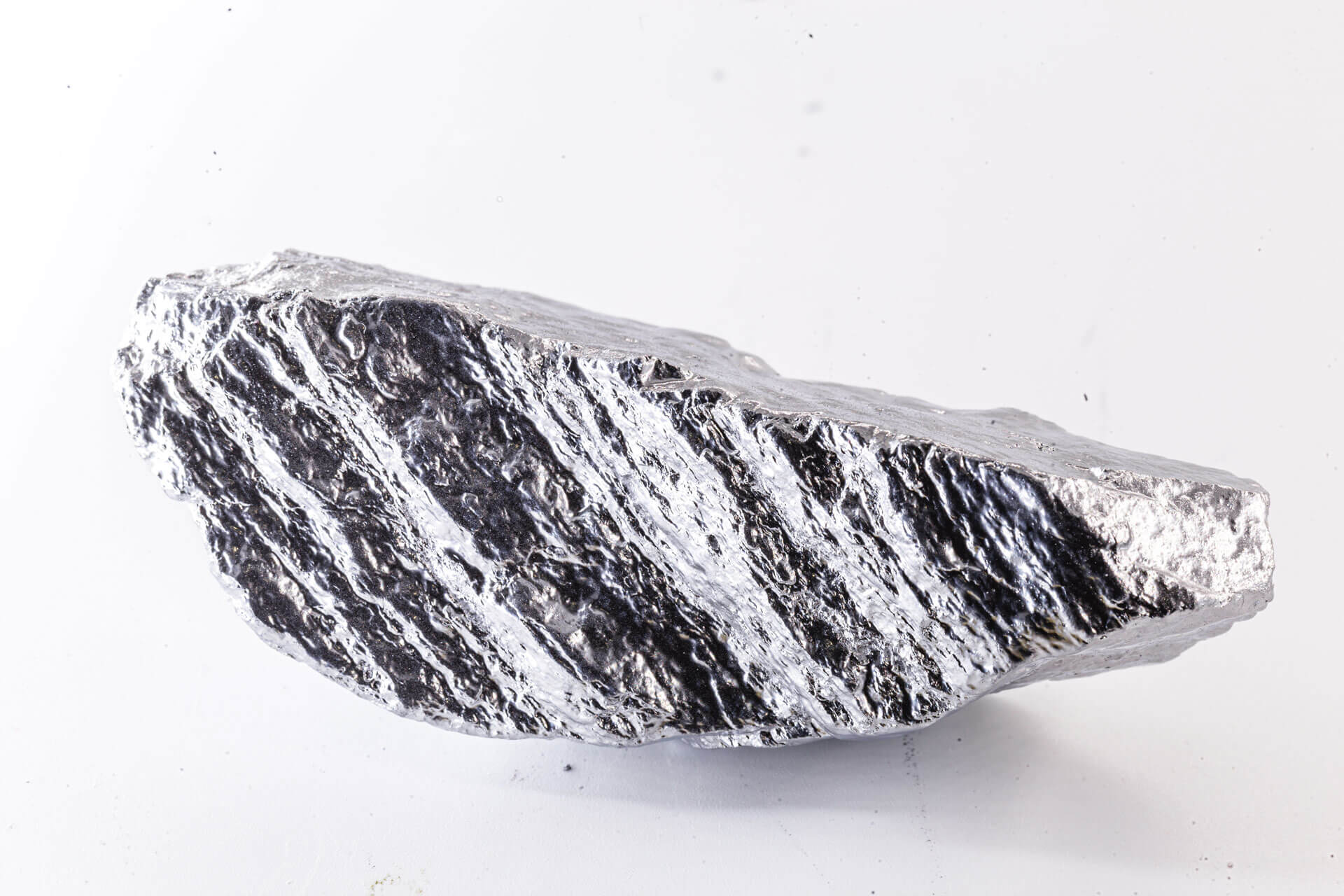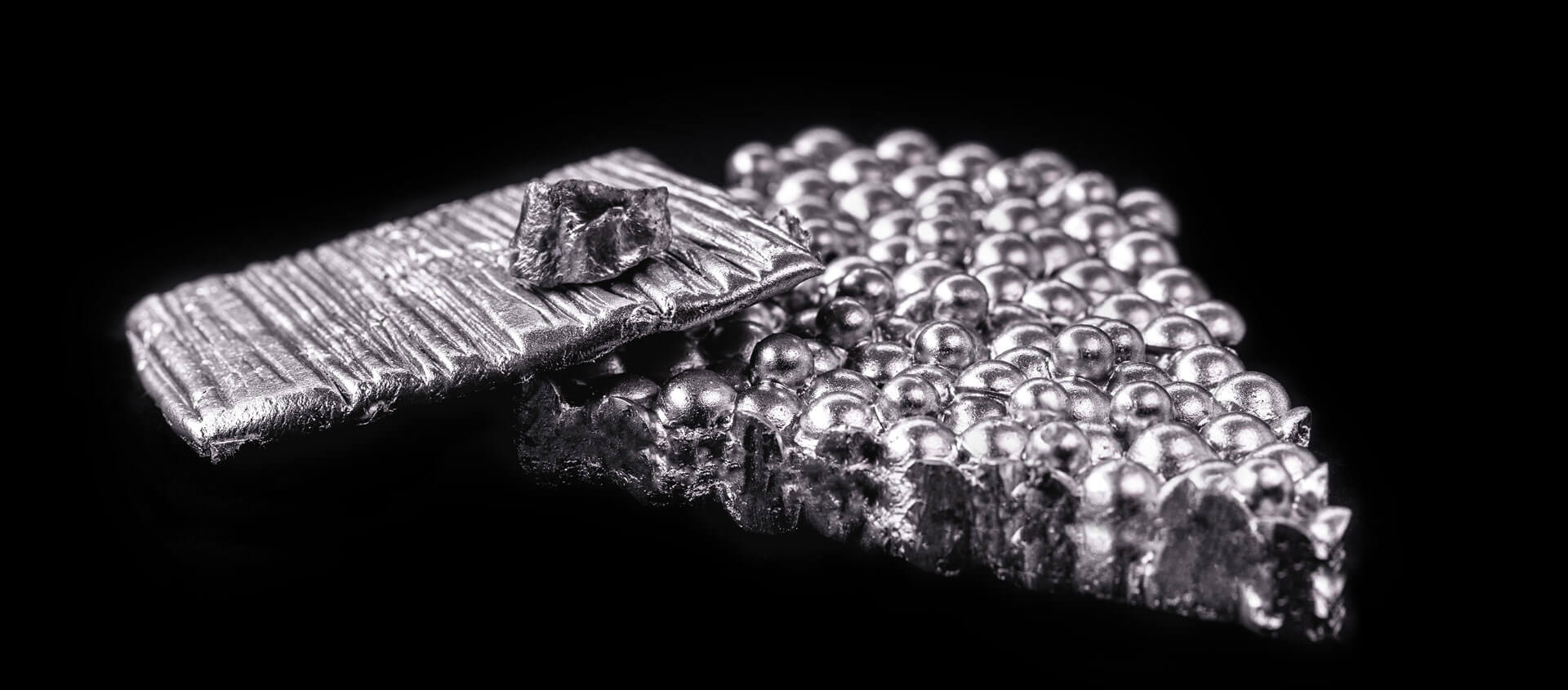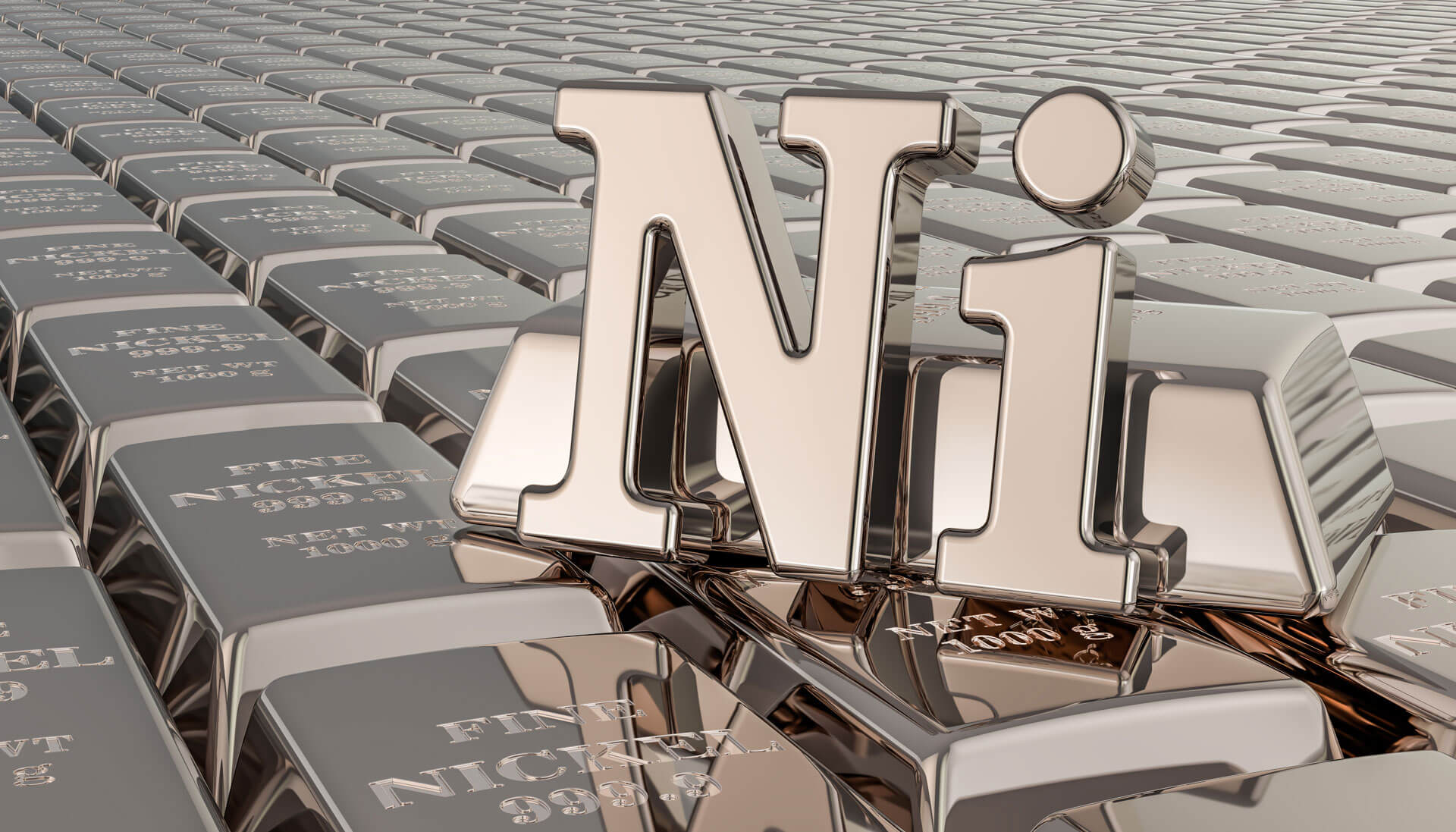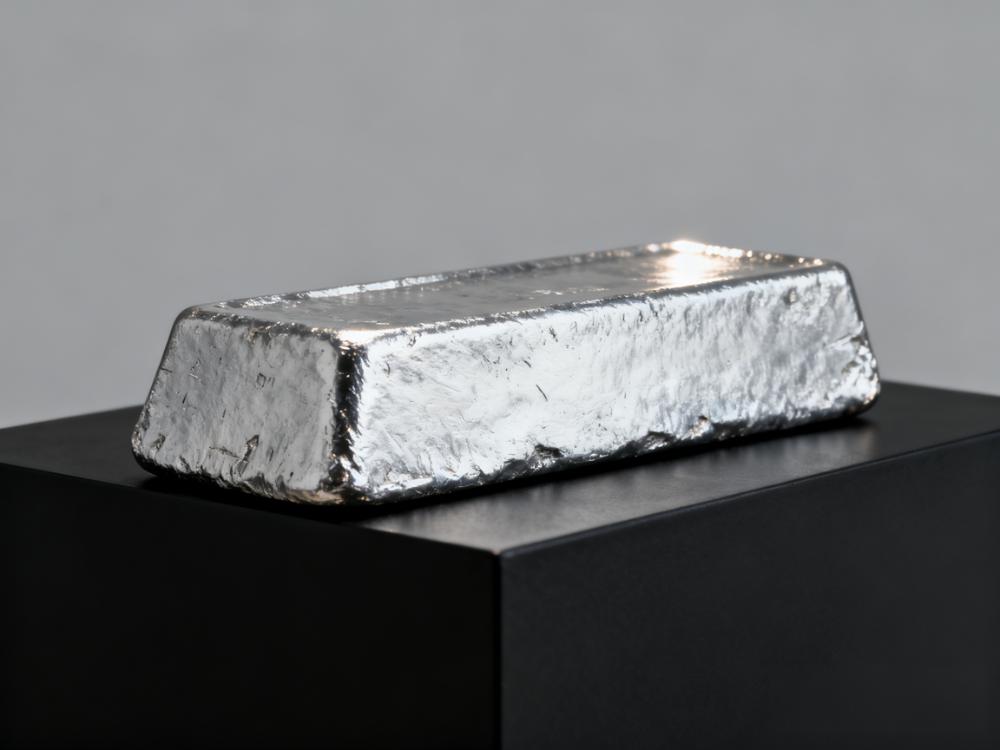SMM Network News: September 23rd 3 30, Tesla's "Battery Day" activity will be held after Tesla's annual shareholders' meeting. The two events will be held at the Tesla California factory and will be broadcast live online. In January, Musk said the Battery Day would be "the most exciting day in Tesla's history." Last week, Iron Man announced again: "there will be a lot of exciting things to be revealed on Battery Day."
It has been confirmed that Tesla will release financial data on the same day, as well as the status and future plans of superfactories in Shanghai and Berlin, but these are clearly not what Iron Man calls "exciting events." What really excites the market is the battery itself: can Tesla launch the promise of a million-mile battery? Can the energy density of the battery be greatly increased by silicon nanowire technology or dry electrode technology? Or is it possible to reduce the cost of battery production through the Roadrunner project?
No matter what progress Tesla announces, it will be a revolutionary technological breakthrough. It is no exaggeration to say that "Battery Day" will not only reveal the future trend of Tesla, but also change the future fate of the entire electric vehicle industry.
The first big question: can a million-mile battery be launched?
As early as last April, Musk promised to develop a battery that can last 1 million miles (1.61 million km), which means that the life of the new battery will be twice as long as the current battery (400000-800000 km). Millions of miles of batteries will greatly reduce the cost of manufacturing electric vehicles, while the cost of car ownership will also be reduced, thus providing Tesla with a huge competitive advantage. UBS analysts point out that million miles of batteries could save $2300 per car over the next three years.
In June last year, Tesla's battery expert Jeff Dayne (Jeff Dahn) team published a paper in which it mentioned that Tesla's new battery is a lithium electronic battery that will have the next generation of "single crystal" NMC cathode and new advanced electrolyte, which provides technical support for Tesla's "million-mile battery" idea. Compared with modern traditional batteries, the new battery has a charging life cycle of 4000 times, bringing the car's range over the battery life cycle to more than 1 million miles.
Of course, it's not new on the "million miles" battery road. Earlier, Ningde Times claimed to have developed a battery with a life of 1.24 million miles. In May, GM executives also said GM was close to success in developing millions of miles of electric car batteries. However, Daniel Ives (Daniel Ives), an analyst at Wade Bush (Wedbush), said that the key point of the issue is more about scale and scope. "other manufacturers can also claim to have developed millions of miles of batteries, but there is only one factory that can really achieve mass production, and that is Tesla's Shanghai factory."
In June, foreign media reported that Tesla had expanded the site of the Skunkworks (skunk factory) laboratory to increase the battery pilot production line. It is speculated that the new lithium-ion battery developed in this laboratory is the "one million mile" battery disclosed by Tesla earlier. In this way, the millions of miles of batteries that have attracted a lot of attention seem to be on the horizon at this Battery Day event.
Analysts speculate that Tesla may release new versions of Model S and Model X on Battery Day, or even apply the new battery directly to the new version of the car.
The second big question: Silicon nanowires or dry electrode technology?
For the battery of the electric vehicle, in addition to improving the battery life, the more important thing is to increase the battery energy density, because this will directly determine the battery life of the electric vehicle.
Since Tesla bought Maxwell, a leading manufacturer of supercapacitors, at a 55 per cent premium of $218 million in February last year, it is widely expected that Tesla will use Maxwell's "dry electrode technology" to achieve a technological breakthrough in the energy density of Tesla batteries.
In conventional battery manufacturing, manufacturers usually need to apply a solvent with an adhesive to the electrode foil and dry it with a wet paste mixed with negative or positive powder. The so-called "dry electrode technology" means that there is no need to apply wet slurry, that is, there is no need to use solvents. In this way, the speed of battery manufacturing can be accelerated, the cost of battery manufacturing can be reduced, and more importantly, the energy density of the battery can be increased by more than 20-30% through this technology.
The current battery used in Tesla Model 3 has an energy density of about 260H / kg, while Maxwell has said that the energy density of ternary lithium battery cells made by dry electrode technology can reach 500Wh/kg.
However, after Tesla released the invitation poster for the "Battery Day" event at the end of August, new speculation appeared in the market.
The lattice line pattern on the background image of this poster is considered to be the structure of silicon nanowires, a new battery material, which leads to a new guess: is Tesla going to launch silicon nanowire batteries?
The so-called silicon nanowires is a new type of semiconductor nanomaterials, which solves the problem that ordinary silicon materials are easy to expand and rupture, while at the same time storing ten times more electric energy than conventional battery material graphite. If its application creates a new type of battery, the battery density can be increased by 50%.
What further reinforces people's speculation is a picture of Tesla's factory exposed online. The picture shows Amprius, the patented technology for anode materials for silicon nanowire batteries, located near Tesla's Fremont factory in California, where Tesla will hold Battery Day. This suggests that Tesla and Amprius may cooperate on silicon nanowire technology.
Is it "dry electrode" or "silicon nanowire"? No matter which technology it is, it means that the energy density of Tesla battery will be broken by leaps and bounds. And Musk has previously said that the energy density of the 400Wh/kg is a viable condition for electric aircraft. If the energy density of the new battery can break through to this level, does it mean that Tesla's development of electric aircraft can also be put on the agenda?
The third big question: can we rely on homemade batteries to reduce costs?
In addition to life and battery life, the third factor restricting the popularity of electric cars is the high cost of making batteries. According to Bloomberg data, the global battery cost of electric cars is about $156 / kWh, in 2019, which is a big improvement from a few years ago, but electric cars are still more expensive than fuel cars without subsidies.
Tesla's previous battery supply relied mainly on cooperation with other battery companies, such as the Nevada super factory and Panasonic, while the Shanghai plant relied on cooperation with LG Chemistry and Ningde era. Musk has mentioned more than once that this model makes batteries too expensive. In February this year, foreign media exposed that Tesla was launching the "Roadrunner" project, which aims to use the strategy of "making machines with machines" to make homemade batteries and reduce the cost of battery production to US $100 / kWh, which means that the price of electric cars can be reduced to the same level as fuel vehicles.
In the second half of last year, Tesla acquired Hibar, a Canadian precision equipment company known for automating battery manufacturing and process equipment, with a product line covering the complete cell production process.
Since the beginning of this year, Tesla has been expanding his factory in Fremont and hiring a large number of battery manufacturing engineers. Musk even revealed that the activities of the "Battery Day" day will include a visit to Tesla's internal battery production facilities, which shows that Tesla's homemade battery is only one foot short of Linmen.
The fourth question: is there a cobalt-free battery?
At the beginning of this year, Tesla satisfied the market appetite with the concept of "cobalt-free battery", but the final answer made people in the industry somewhat disappointed-- the so-called "cobalt-free battery" did not remove cobalt from the ternary lithium battery, but only chose to cooperate with Ningde era to use the lithium iron phosphate battery on another technical track.
The so-called cobalt-free battery is usually considered to remove cobalt from Ni-Co-mn ternary lithium battery. Because the ore reserves of cobalt itself are small and the output is unstable, if cobalt can be removed, the cost of the battery will be reduced to a great extent. Although lithium iron phosphate battery does not use cobalt and the cost is low, its energy density is not as good as ternary lithium battery, so it will be limited in electric vehicle application.
Tesla reached an agreement with Glencore on June 16 to purchase 6000 tons of cobalt a year from Glencore for use in the Shanghai plant and the planned Berlin plant. This may imply that Tesla has failed to make a breakthrough on the technical road at least in the short term and is still unable to fully achieve cobalt-free.
However, driven by the market, there is still a trend to reduce the content of cobalt in ternary lithium batteries. At this press conference, if Musk's new battery can reduce the cobalt content of the ternary lithium battery to a certain extent, it will mean that the battery cost will be greatly reduced, which will still be an exciting breakthrough.
Other conjectures
There are still a lot of guesses about this "Battery Day". Although many of them are not closely related to battery technology itself, they are also likely to appear at the press conference.
Tesla transformed into an electric power company?
As early as last year, Musk said that his Tesla Energy is expected to become a distributed global power company, its growth may even exceed the car business.
Tesla launched a new product Autobidder, this year and has been officially approved as an electric power company in the UK. Simply put, Autobidder is an energy management system that enables battery farm owners and homeowners with solar panels to manage energy on their own. Tesla says Autobidder manages hundreds of megawatt-hours of assets and can provide Electroweb services with billions of watt-hours around the world.
At this conference, Musk may reveal Tesla's plans to develop a distributed power business in Europe and even around the world.
Berlin Super Factory?
According to foreign media reports, Musk plans to announce the car-building plan of Tesla's Berlin super factory on Battery Day. During a visit to the Berlin super factory, he revealed that "the car-building equipment of the Berlin factory is completely transformed in terms of core technology design." It is said that the Berlin super factory will include an advanced car painting workshop, a color laboratory, and the construction of a large immersive virtual simulation system for Rave on the roof of the new factory. It is even possible to produce batteries directly in the Berlin super factory, but the big news has yet to be announced on the day of "Battery Day."
Or some other.
In addition to the previous article, Tesla gave the market too many guesses: will the new super charging pile be announced? Will there be new versions of Model S and Model Y? Or a completely unexpected new product?
Perhaps because of a confidentiality agreement with the Securities and Exchange Commission (SEC), Musk has so far been tight-lipped. Perhaps we can only wait until "Battery Day" to reveal all kinds of suspense.
"Click to understand and sign up: 2020 China Automotive New Materials Application Summit Forum

Scan the QR code above to view the business cards of the participating companies and sign up online

Scan the code and apply to join the SMM Automotive Industry Exchange Group.



